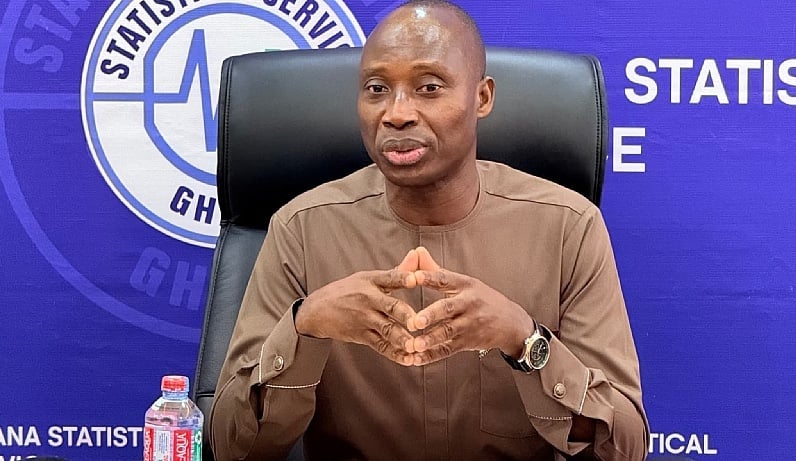Ghana’s economy is experiencing a period of renewed stability, marked by a significant decline in its inflation rate. After seven consecutive months of decreasing inflation, the rate reached 12.1% in July 2025, the lowest point since October 2021. This positive trend signifies a major milestone in the country’s economic recovery, offering a reprieve from the high inflation that has challenged households and businesses in recent years. The sustained disinflation is attributed to a combination of sound economic policies, including fiscal consolidation measures, restrained non-interest spending, a more stable exchange rate, and a consistent monetary policy approach aimed at curbing price fluctuations. These measures have helped to create a more predictable economic environment, encouraging investment and fostering growth.
While the overall inflation trend is encouraging, challenges remain. A slight month-on-month increase of 0.7% between June and July 2025 serves as a reminder of lingering short-term inflationary pressures. Food inflation, though also declining, continues to be a primary driver of the overall rate, standing at 15.1% in July. However, the achievement of a single-digit non-food inflation rate of 9.5% is a significant victory in the government’s fight to stabilize prices, indicating that the implemented policies are beginning to yield broader-based positive results. The government’s focus on managing both food and non-food inflation highlights a comprehensive approach to address the various factors contributing to price increases.
The Ghana Statistical Service (GSS) has identified key sectors contributing most significantly to the current inflation: food and non-alcoholic beverages, housing, utilities (water, electricity, and gas), clothing and footwear, alcoholic beverages and tobacco, and recreation, sport and culture. This granular analysis allows for a more targeted approach to address specific price pressures within these sectors. The data also reveals a difference between the inflation rates for locally produced goods and imported goods. Domestically produced goods recorded a higher inflation rate of 12.9%, while imported goods inflation remained lower at 10%. Understanding these differences allows policymakers to tailor interventions based on the origin of the inflationary pressures.
Regional variations in inflation rates highlight the uneven impact of economic recovery across Ghana. The Central Region recorded the lowest inflation rate at 7.7%, while the Upper West Region experienced a significantly higher rate of 24.8%. This disparity underscores the need for region-specific strategies to address the unique economic challenges faced by different areas within the country. Lowering inflation in high-inflation regions will require a tailored approach, focusing on the specific drivers influencing prices in those areas. This nuanced approach is crucial to ensure that the benefits of economic recovery are felt equitably across all regions.
The GSS has recommended a series of measures to further consolidate the gains achieved and address the remaining challenges. These include intensifying research and price monitoring in high-inflation zones like the Upper West Region, implementing region-specific interventions, and adapting existing social protection programs such as the Livelihood Empowerment Against Poverty (LEAP), National Health Insurance Scheme (NHIS), and School Feeding Programme to account for regional variations in the cost of living. By tailoring social programs to local needs, the government can more effectively ensure that vulnerable populations receive the support they need to cope with economic challenges.
In addition to government action, the GSS encourages broader participation in mitigating inflation. Businesses are urged to review their supply chains, exploring opportunities to increase local sourcing and streamline their product offerings, potentially leading to lower prices for consumers. Households are encouraged to adopt cost-saving practices like purchasing goods in bulk and improving energy efficiency to mitigate the impact of rising costs. These individual and business-level contributions, alongside targeted government interventions, can create a collective effort to further reduce inflation and strengthen the Ghanaian economy. As Ghana continues on its path to recovery, the focus remains on translating inflation control into tangible improvements in household well-being and creating a more equitable distribution of economic benefits across the nation.














